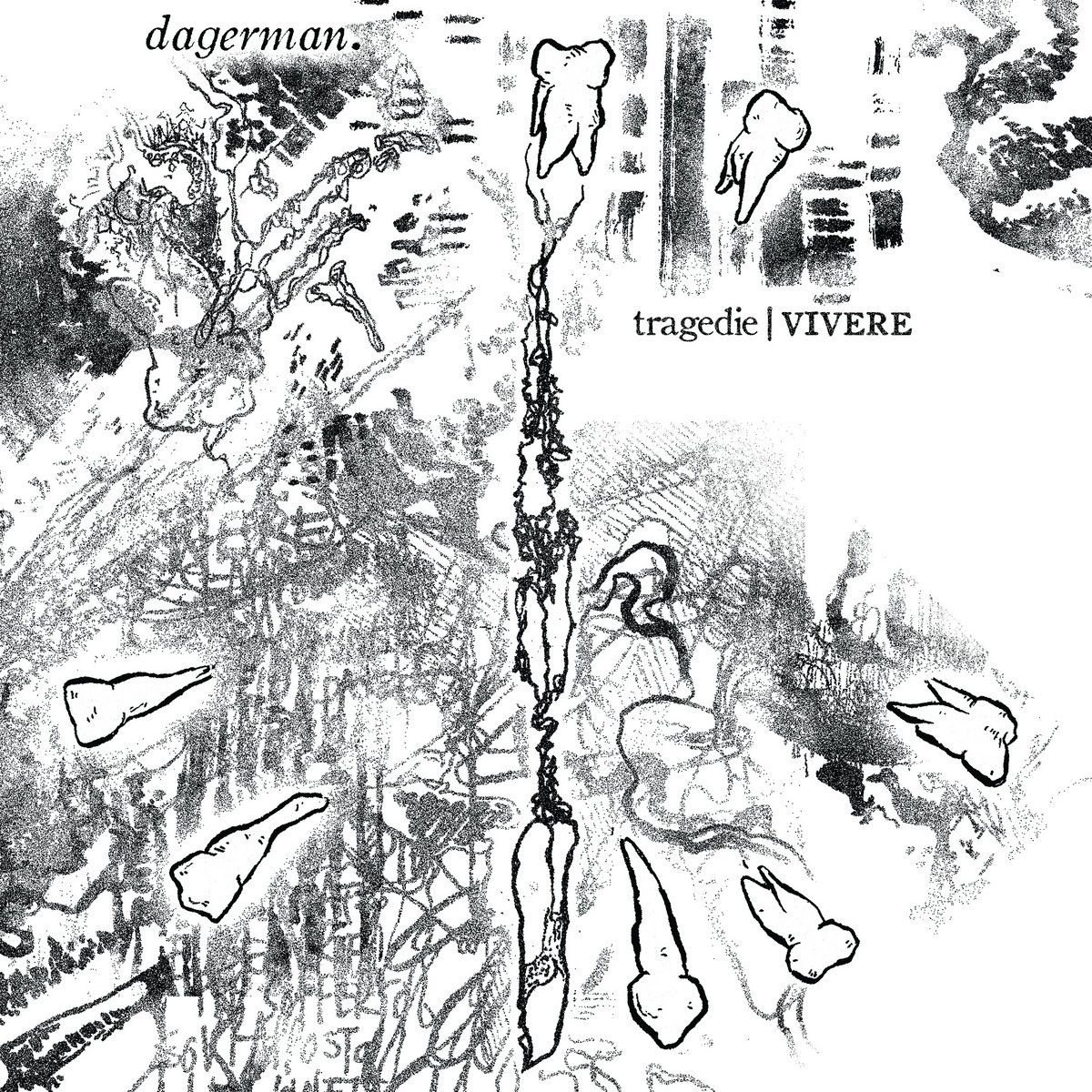Wrocław-based band The Dog has released a new single titled “Żaden Marny Cel“, a cover of a song originally written by Tomasz Adamski of the legendary Polish punk band Siekiera.
This release comes just months after their well-received album “Somewhere, Anywhere,” which debuted in February 2024 and is available on CD and LP from Arcadian Industry.
Siekiera, formed in 1983 in Puławy, Poland, under the name “Trafo,” is a cornerstone of the Polish punk scene. The demo of this song was first released in 1984, marking an important moment in Polish hardcore history.
Recorded in May 2023 at Monochrom Studio, The Dog’s rendition brings a spacey atmosphere and modern sound to the classic track. The single was mixed and mastered by Haldor Grunberg at Satanic Audio.
View this post on Instagram
The band notes, “We are launching our triptych of covers—a journey around the country. First, we invite you to the beautiful Puławy, where 40 years ago, bodies washed with gray soap started Polish hardcore.”
They encourage fans to engage with the project: “Listen and write in the comments what might be next. To those who guess, we’ll award a virtual potato medal. THE DOG goes SIEKIERA out now!”
Originating from Wrocław, Poland, The Dog is known for their energetic blend of alternative, metal, hardcore, post-hardcore, and even powerviolence.
Siekiera was a Polish punk rock and new wave band formed in 1983 in Puławy, Poland. Initially operating under the name Trafo, the group was founded by guitarist and lyricist Tomasz “Dzwon” Adamski, vocalist Tomasz “Budzy” Budzyński, bassist Jerzy “Sex” Janeczek, and drummer Ireneusz “Borys” Czerniak.
They gained prominence after their debut performance on April 6, 1984, at the “Rock Front” concert series in Warsaw, which significantly boosted their reputation in the national punk scene.
In the summer of 1984, Siekiera performed at the Jarocin Festival, one of the most important rock festivals in Poland, where they became laureates and won a Labsound amplifier as a prize.
After some lineup changes, including the departure of Budzyński and Czerniak, the band shifted towards a new wave sound, incorporating keyboards played by Paweł Młynarczyk.
In 1986, they released their landmark album “Nowa Aleksandria”, which became a significant work in Polish rock music.
Despite disbanding in 1987 due to differing artistic visions, Siekiera’s influence persisted, leading to archival releases in the 2000s that documented their early years and contributions to the punk and new wave cultures.











